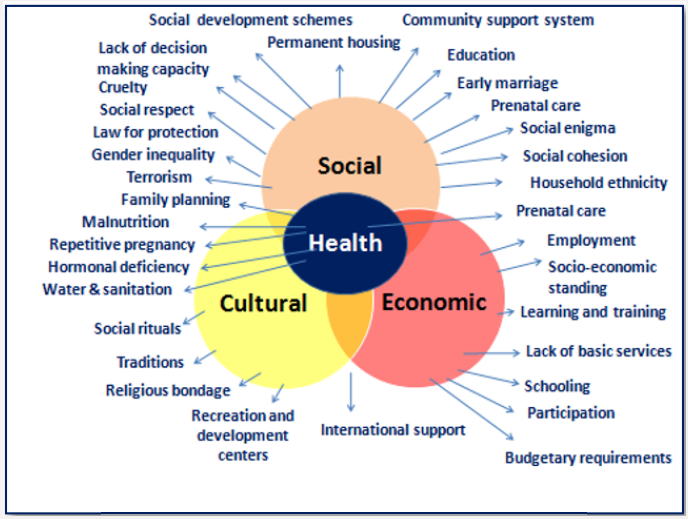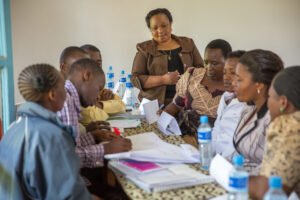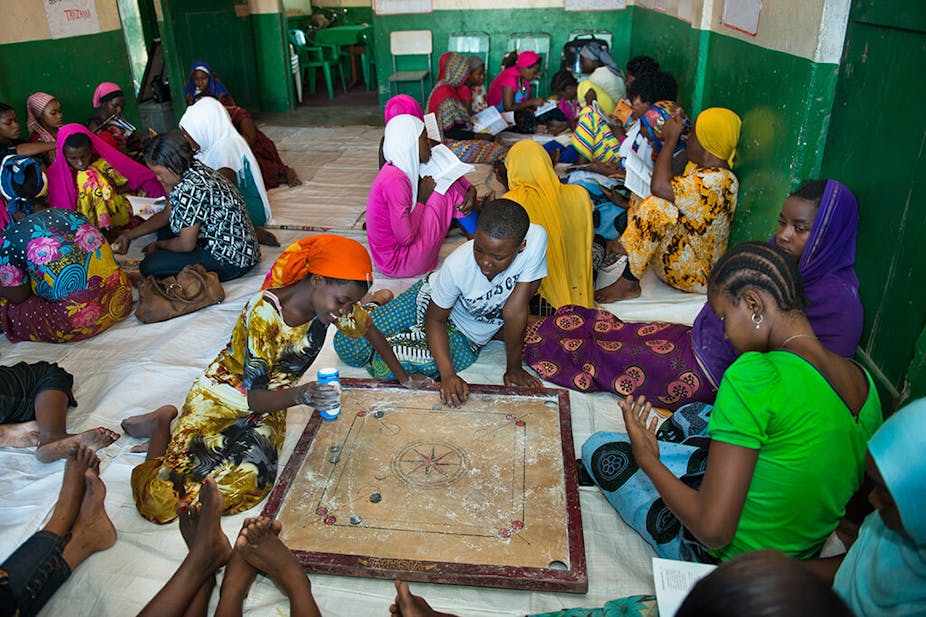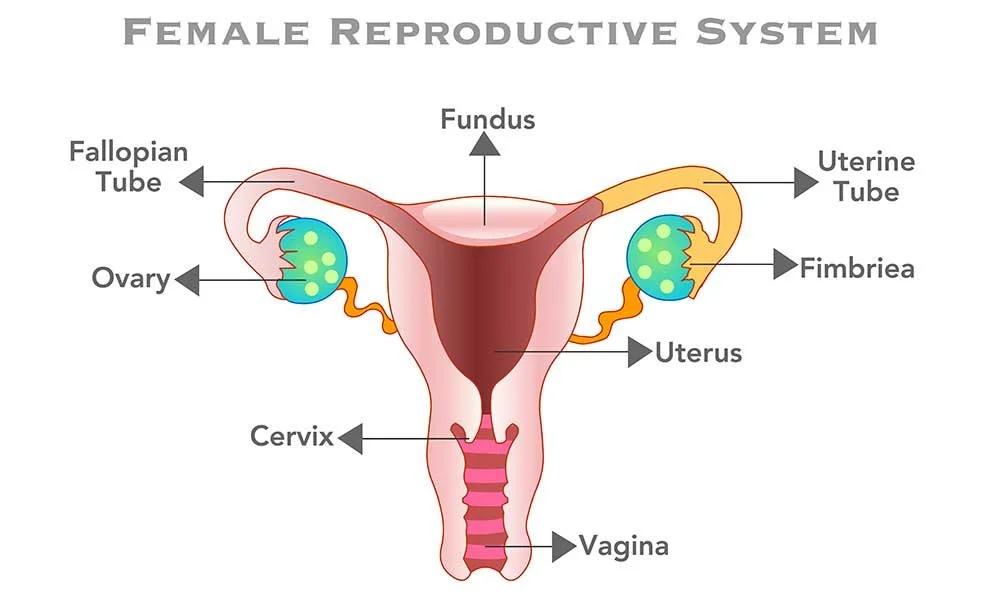In Tanzania, the intersection of socioeconomic challenges and women’s health rights presents a complex landscape that significantly impacts the well-being of women and girls across the nation.
Despite progress in various sectors, persistent issues such as poverty, limited access to education, and cultural barriers continue to undermine the sexual and reproductive health and rights (SRHR) of this demographic.
Tanzania has made strides in improving women’s health rights over the years, yet significant gaps remain. According to the World Health Organization (WHO), maternal mortality rates in Tanzania stand at approximately 342 deaths per 100,000 live births. This statistic underscores the urgent need for improved access to maternal healthcare services, particularly in rural areas where healthcare facilities are scarce. For example, in the village of Mtwara, many women must travel long distances to reach the nearest health clinic, often facing transportation challenges that delay their access to prenatal care. A local midwife, Amani Mwanga, shared her experiences: “Many women arrive at the clinic too late for proper care, and some have lost their babies because they couldn’t get here in time.”

Also Read:http://Algeria To Champion African Unity At Trade Fair
Access to contraception is another critical aspect of women’s health rights. While the government has made efforts to promote family planning, only about 34% of women use modern contraceptive methods. The lack of access to reproductive health services often leads to unintended pregnancies, contributing to high rates of adolescent pregnancies, particularly among girls aged 15 to 19. In urban areas like Dar es Salaam, young girls face societal pressure to marry early. Aisha, a 17-year-old who became a mother last year, recounted her story: “I wanted to finish school and become a doctor, but my family said I had to marry. Now I struggle to care for my baby and wish I had more choices.”
Poverty remains one of the most significant barriers to accessing healthcare in Tanzania. Many women and girls lack the financial resources necessary to seek medical attention, purchase contraceptives, or receive adequate prenatal care. Economic constraints often force families to prioritize basic needs over healthcare, leading to detrimental outcomes for women’s health. For instance, in rural regions like Kigoma, families often spend their limited income on food and shelter, leaving little for healthcare costs. Fatuma Juma, a mother of three, explained, “When my children are sick, I must choose between buying medicine or food. Healthcare is a luxury we cannot afford.”

Education is a powerful tool for empowering women and girls, yet many are unable to complete their schooling due to early marriages or pregnancies. According to UNICEF, about 23% of Tanzanian girls are married before the age of 18. This not only limits their educational opportunities but also exposes them to health risks associated with early childbirth. In the northern region of Arusha, local NGOs have been working to combat child marriage by providing scholarships for girls who wish to continue their education. One such initiative helped a girl named Neema escape an early marriage and pursue her dream of becoming a teacher.

Cultural attitudes towards women’s roles and sexuality can hinder access to essential health services. In many communities, discussing sexual health remains taboo, preventing open dialogue about contraception and reproductive rights. Furthermore, harmful practices such as female genital mutilation (FGM) still persist in certain regions, posing serious health risks. For example, in the Mara region, FGM is still practiced despite national laws prohibiting it. Local activists have been working tirelessly to educate communities about the dangers of FGM and promote alternatives that empower girls. One activist, Zawadi Kisima, noted, “We are changing mindsets through education and community engagement. It’s a slow process, but we see hope as more families choose not to cut their daughters.”
The COVID-19 pandemic has further exacerbated these challenges, disrupting healthcare services and limiting access to vital reproductive health resources. Many clinics were forced to close or reduce services during lockdowns, leaving women without essential care. A report from the Tanzanian Ministry of Health revealed a spike in unintended pregnancies during the pandemic as family planning services were interrupted.

Collaborative efforts between the government, NGOs, and community leaders are crucial in fostering an environment where women can exercise their rights and make informed choices about their health.
Addressing the socioeconomic challenges affecting women’s health rights in Tanzania requires a multifaceted approach that considers the unique experiences of women and girls across the country. By amplifying their voices and investing in their futures, Tanzania can pave the way for a healthier and more equitable society for all.







